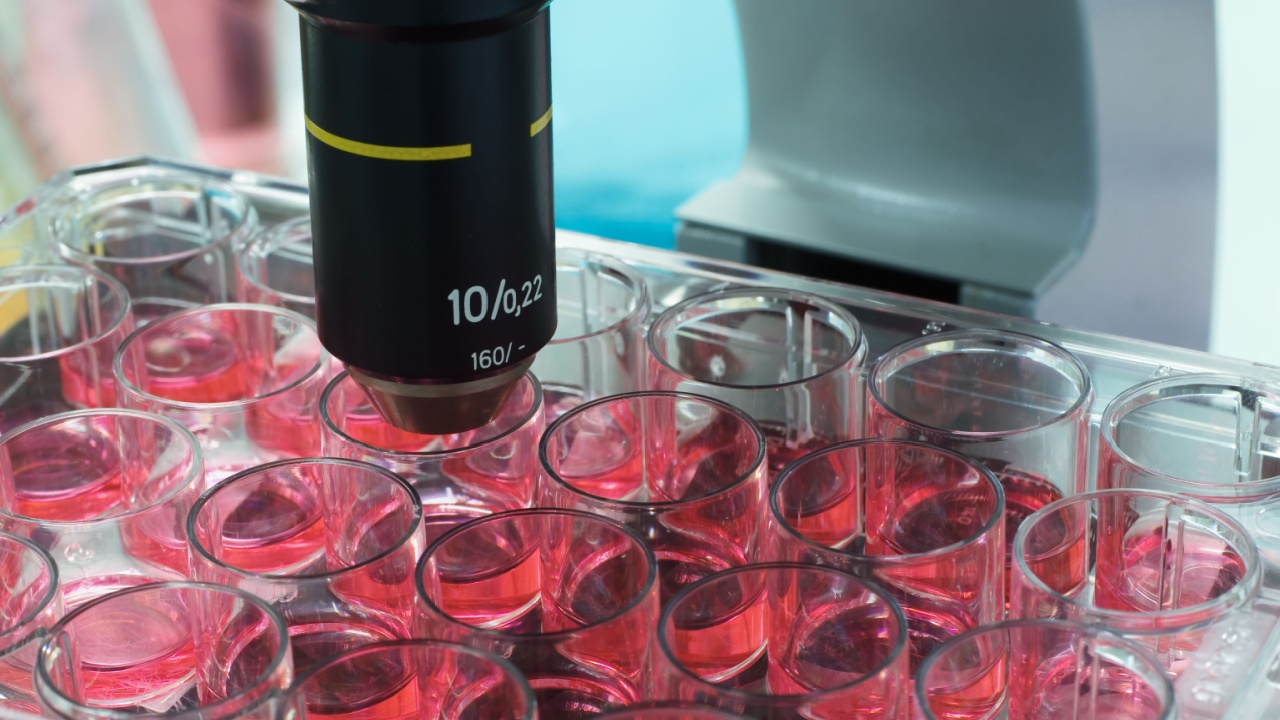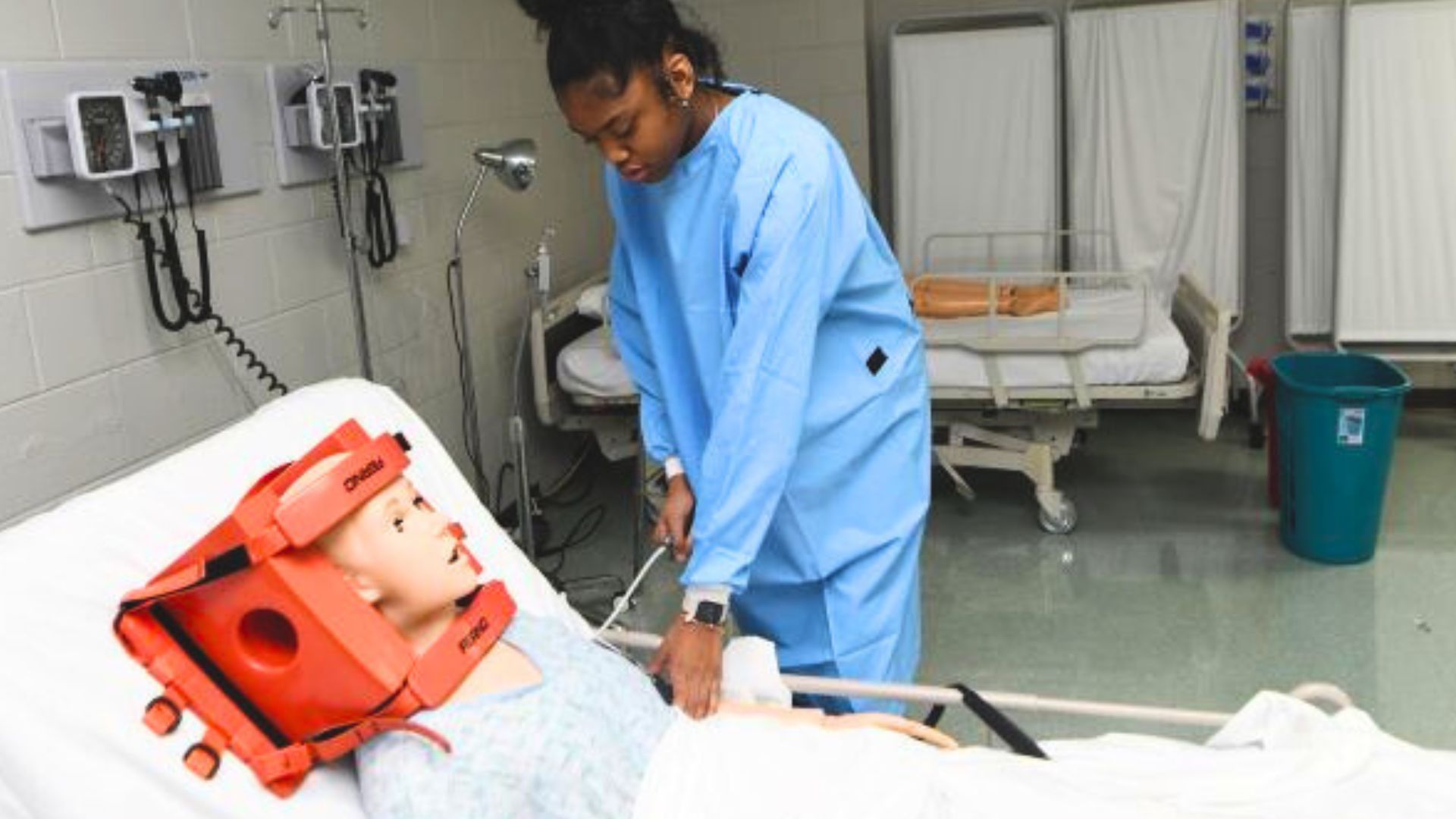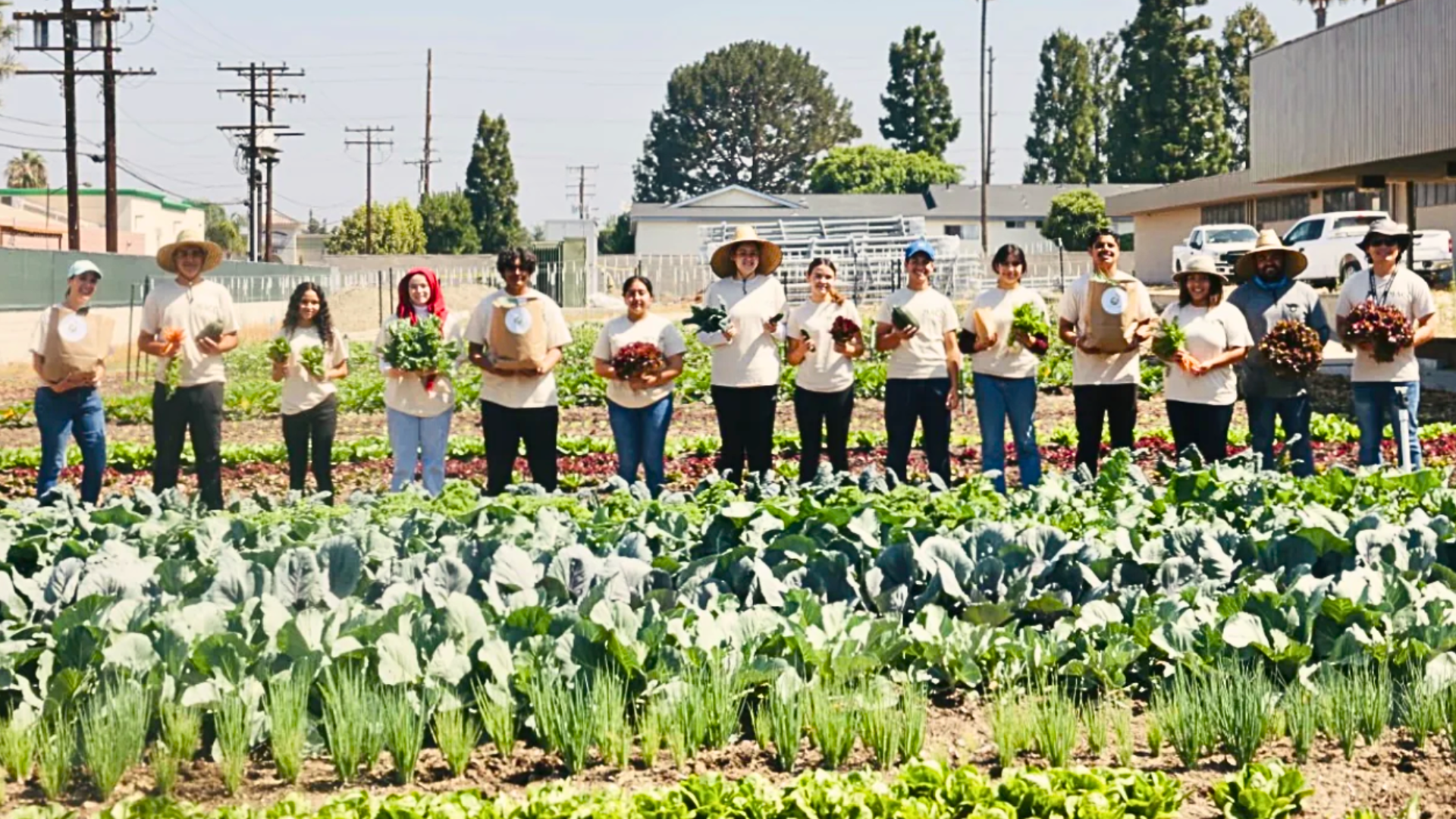To say technology is changing the way we work, and the way we will work over the coming years, is an understatement. One study by LinkedIn show tens of millions of jobs will be eliminated globally over the next two years thanks to changes in technology, while more than 100 million new jobs will be created. It is certain that technological expertise will be needed as these changes take place. But it is increasingly certain that so-called “soft skills” will have equal or greater importance in the workplace.
Skills like teamwork, problem-solving, leadership, adaptability, communication, and fostering professional relationships will be highly valuable going forward. These are not innate but are as learnable as writing code. And like most skills, developing them early will be key for future workers.
The Positivity Project
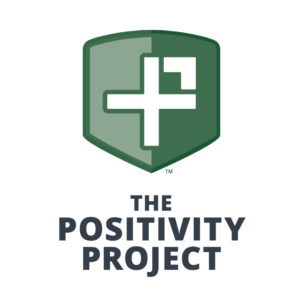
That’s one of the goals of The Positivity Project, a non-profit organization whose mission is to “empower America’s youth to build positive relationships and become their best selves.” The Pre-K through 12 program is in 600 schools in 26 states. And it’s based on 24 character strengths co-founder Mike Erwin says are present in all of us.
“Our strategy is that if we can educate children on those character strengths to be able to see those strengths in themselves, but then just as importantly, to recognize and see those strengths in other people, that’s…how we can help people build better relationships.”
Erwin tells WorkingNation that research shows building positive relationships is critical to a person’s happiness and well-being.
“You know, how you relate to your family, your friends, your co-workers, your teammates has a huge impact on your well-being, which then has an impact on your habits, which then impacts on your life. And so, if it’s that important, which we know that it is, then having a game plan and getting better at it seems like a pretty smart idea,” according to Erwin.
“Yet, very, very few people that I talked to can articulate what that game plan is. And that’s really at its core what we’re doing. We’re, we’re giving a game plan. We’re giving strategy, we’re giving you resources, we’re giving knowledge, to students through their teachers, and eventually their parents to be better at building relationships with other human beings.”
Relationships make economic sense
The ability to develop relationships will have a key role in the economy of the future as AI and automation become more prevalent and humans rely on soft skills to do the work machines can’t do.
“When you think certain things about relationships, you think about the role that creativity and innovation in problem-solving plays,” Erwin says. “Yes, there is a very important role that as individuals we play, but it’s being a good teammate.”
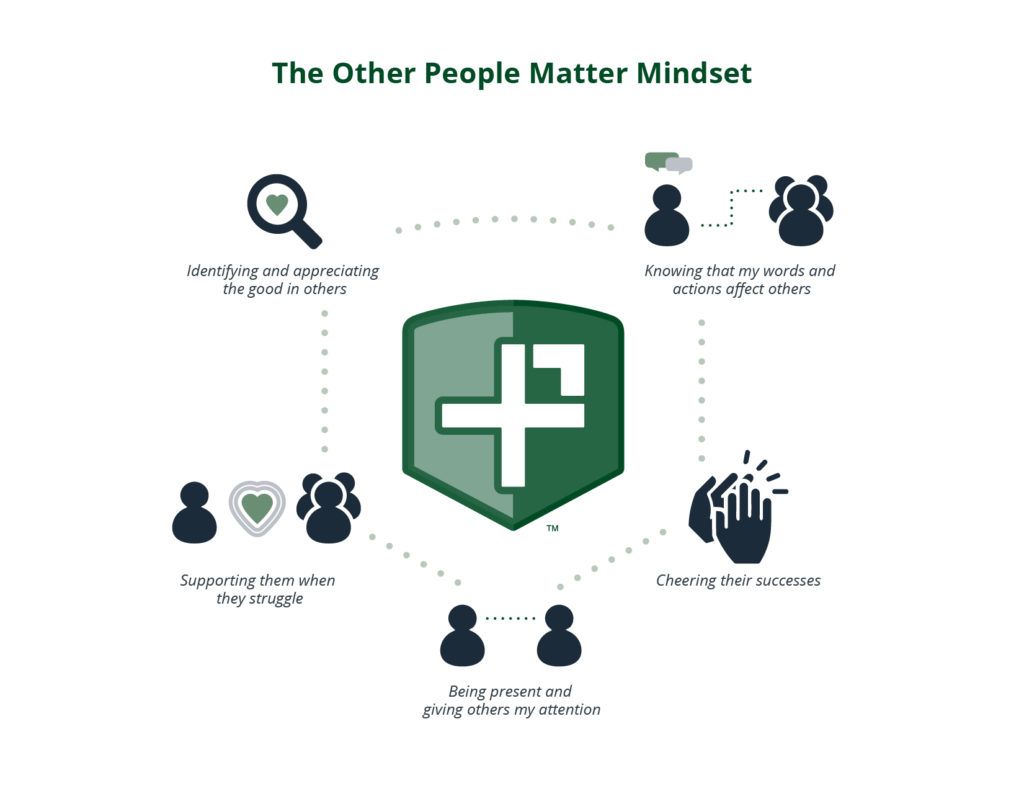
“It’s can you get along with people to your left, to your right? Can you collaborate with them in a meaningful way to solve complex problems? And so that’s again, another huge thing where when you’ve got relationships with people, especially the people that you work with, you’re going to be better at solving those complex problems.”
The hashtag of The Positivity Project is #otherpeoplematter. And the ability to focus on other people is something else that’s beneficial not only to our personal well-being but to our professional life as well, according to Erwin.
“Just think about who’s the one who gets selected for promotion. And yes, there are some examples of people that are cutthroat and they undercut people and then get better results and therefore they get promoted. But for the most part, it’s people that treat other people well and go out of their way to help other people. ‘How can I help? How can I put others before me?’ Those are the kind of people that the people will run through a brick wall for. Those are the kinds of leaders that get incredible, incredible results because the people that they lead have such a high sense of loyalty to them.”
“How many people have a high sense of loyalty to someone who’s just pushing them so hard and doesn’t care about the relationship that they have with the people they lead? Like practically none. So again, that is that direct correlation between what we’re doing in The Positivity Project as being so critical to preparing children for the economy of the future.”
Positivity in action
St. Clair Middle School in Saint Clair, Michigan has been running The Positivity Project for the past two years. “It’s the best thing that I’ve seen in over 15 years in education,” principal Michael Domagalski tells WorkingNation.
His discovery of the platform came while he was looking to build upon the school’s anti-bullying campaign. “So, we wanted something fresh, something new, something that will bring more to light the positive aspect of relationships as opposed to reaction to the negative.”
Domagalski says the nature of teaching has changed and it’s important to be able to educate the whole child in addition to teaching academics. “There’s such a rise in narcissism and there’s a decline in empathy. And I think that if we can put that into our students’ vocabulary and give them a platform in order to understand that is more important than their academics, and the academics will come.”
Students are reacting to The Positivity Project with enthusiasm.
“Our fifth, sixth and seventh grade especially, are doing a great job of it,” says Domagalski. “They know that relationships are number one above academics. All of our activities around our school are based around the character strengths built within The Positivity Project. It’s everywhere. They see it everywhere. We have conversations about it. We even do activities at lunch so they know the intention and the importance of it.”
Domagalski believes teaching students to develop strong relationships is an obligation that will pay dividends both personally and professionally.
“Our world is different today, so different today than it was five years ago, 10 years ago, 15, 20 years ago. I mean, extremely different in the things that these kids are dealing with. And to not give them a platform like this and to just jam academics down their throat, I believe, is unethical, and it’s unprofessional on our part. So that’s why we decided to do something like this and be intentional about it, and to make sure that the students have as many tools in their tool belt so they can go into society and be successful.”
You may also like…
Tech and soft skills training leads to work and a sense of dignity
Emotional workers thrive with nurturing of soft skills
Surviving automation: The 7 attributes of lifelong employability


